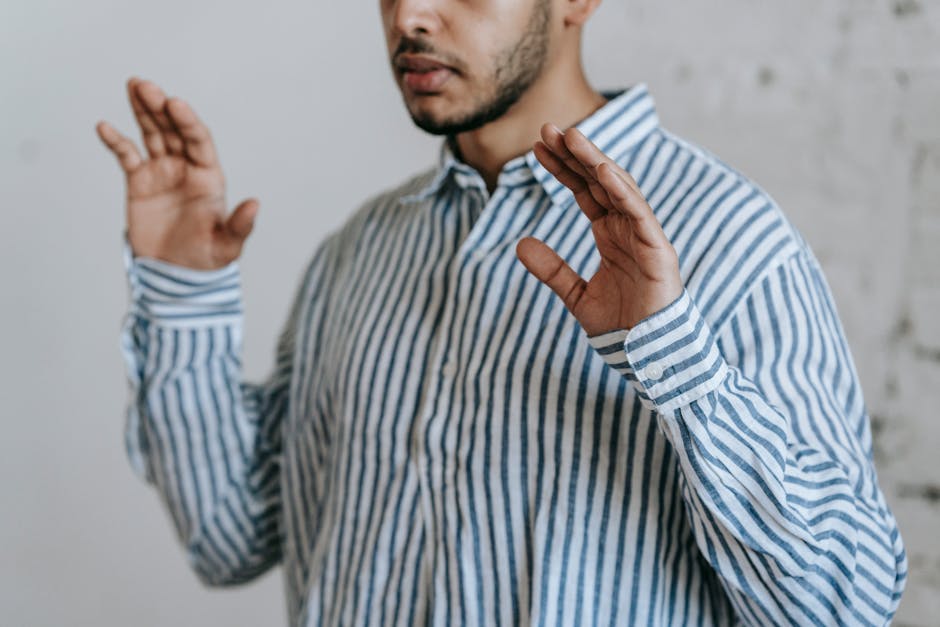Rituals, woven into the tapestry of human existence across diverse cultures and faiths, represent more than mere symbolic gestures. They act as powerful anchors, connecting individuals to something larger than themselves, shaping their experiences, and driving profound motivations. Understanding these underlying motivations, particularly within the context of spirituality and religion, illuminates the multifaceted nature of human connection and the enduring power of ritual.
Numerous facets contribute to the allure of ritualistic practice. A primary driver is the inherent human need for structure and predictability. In a world often characterized by chaos and uncertainty, rituals offer a reassuring framework. This framework provides a sense of control and order, a palpable connection to the known. Consider the daily prayers of many faiths: their fixed structure allows individuals to maintain a consistent relationship with their spiritual beliefs amidst the daily grind, fostering a sense of peace and grounding. This order extends beyond the personal, as rituals often serve a social function, creating a sense of community and shared identity. Religious ceremonies, from baptisms to weddings, are social occasions that unite individuals through shared beliefs and actions.
Furthermore, rituals serve as powerful tools for emotional processing. These practices can help individuals grapple with major life events, from birth and death to joy and sorrow. Mourning rituals, for example, offer a structured way to process grief and loss, providing a sense of closure and support within a community. Similarly, celebrations can amplify joy and gratitude, reinforcing positive emotions and fostering a sense of communal happiness. The act of repetition in ritualistic practices can itself have a profound emotional impact, creating a sense of familiarity and comforting routine.
A crucial motivational factor in the context of spirituality and religion is the belief in the efficacy of ritual. Many religious traditions assert that rituals hold inherent power to connect with the divine, manifest blessings, or ward off misfortune. In these frameworks, specific actions, like making offerings or reciting prayers, are believed to have transformative effects, influencing fate or granting divine favour. This belief in the potency of ritual acts as a catalyst, motivating adherents to engage in the practice for tangible spiritual results. Such a belief isn’t purely irrational; it often stems from a deep-seated human desire to believe in forces beyond our immediate comprehension and seek connection with the unseen.
Beyond the tangible benefits, rituals can cultivate a profound sense of connection to something larger than oneself, a common motivator within religious contexts. Participants in communal rituals often experience a palpable sense of unity and shared purpose, a bonding that transcends individual differences. In ceremonies of worship, individuals feel an aspect of communion with a higher power, a profound experience that fuels the desire to continue the practice. This connection can provide strength, solace, and meaning in challenging times. This aspect is vital in maintaining group cohesiveness, fostering the sense of belonging, and solidifying religious doctrines.
Moreover, the symbolic nature of rituals is undeniably compelling. Symbols, often deeply ingrained in cultural and religious narratives, evoke powerful meanings and resonate with the subconscious. These symbols connect individuals to stories, values, and beliefs, fostering a deeper understanding and appreciation for their faith. Through rituals, individuals tap into a wellspring of cultural heritage and collective memory, linking themselves to their ancestors and solidifying their place within a larger spiritual community. The visual or audible aspects of rituals further reinforce these connections, creating lasting impressions and emotional ties.
A further perspective to acknowledge is the psychological aspect of ritualistic practice. Beyond the spiritual and social benefits, rituals can provide a sense of structure and predictability in daily life. This predictability can be deeply calming, especially in stressful or chaotic environments. Rituals can be a form of self-regulation, helping individuals manage their emotions and anxieties through patterned routines and repetitive actions. The comfort and security found in the predictable flow of ritual are powerful motivators in maintaining the practice.
Finally, the social and community aspect cannot be overstated. The act of participating in shared rituals solidifies social bonds, strengthening community identity, and providing a sense of belonging. Within religious frameworks, communal rituals create a powerful sense of solidarity, a shared experience that unifies individuals. Sharing these experiences in a communal setting not only strengthens social ties but also promotes a sense of shared purpose and common values.
In conclusion, the motivations behind ritualistic practices are multifaceted and deeply rooted in human psychology and spirituality. From seeking structure and control to accessing spiritual power and connecting with a larger community, rituals play a fundamental role in shaping human experience and faith. Recognizing the intricate interplay of psychological, social, and spiritual drivers behind these practices is crucial to understanding the enduring allure of ritualistic life. They are not simply empty ceremonies, but vital components in building meaning, fostering community, and connecting individuals to something larger than themselves.
